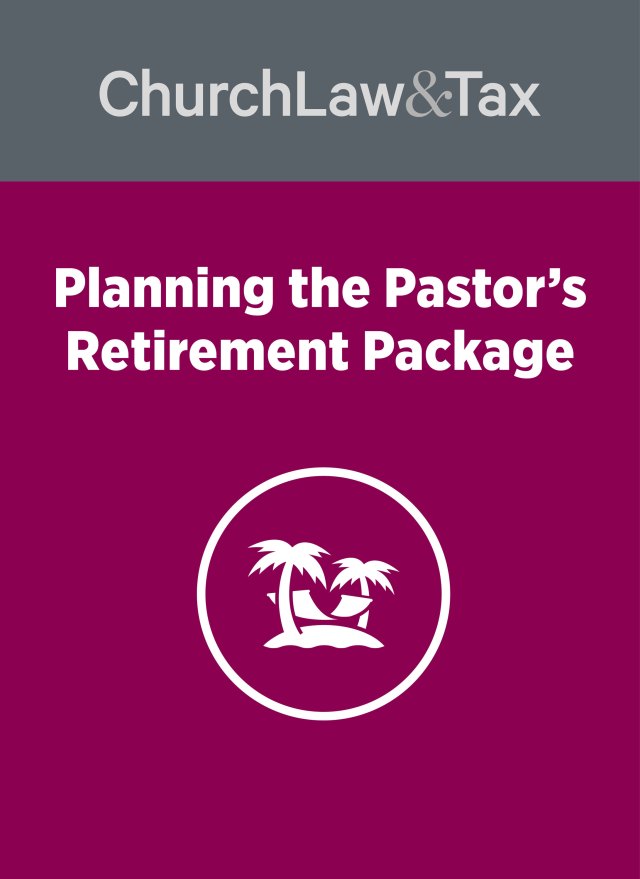A federal appeals court ruled that an employer had not engaged in unlawful religious discrimination by rejecting an applicant for employment on the basis of his refusal, on religious grounds, to have a Social Security number. The applicant (the “plaintiff”) sued the employer in a federal district court in Ohio seeking monetary damages and a court order compelling the employer to hire him. The court dismissed the lawsuit, and the plaintiff appealed.
A federal appeals court affirmed the district court’s dismissal of the plaintiff’s lawsuit. The court applied a two-step analysis in evaluating the legitimacy of the plaintiff’s religious discrimination claim:
First, we determine whether [the plaintiff] has established a “prima facie case of religious discrimination,” which requires proof that “(1) he holds a sincere religious belief that conflicts with an employment requirement, (2) he has informed the employer about the conflicts, and (3) he was discharged or disciplined for failing to comply with the conflicting employment requirement.”
Second, if [the plaintiff] establishes his prima facie case, his employer has the burden to show that it could not “reasonably accommodate” his religious beliefs without “undue hardship.”
The court noted that every federal appeals court to consider the issue has applied one of the above two steps to hold that an employer need not attempt to reasonably accommodate an employee’s religious beliefs if such accommodation would violate a federal statute. The court concluded: “The Internal Revenue Code requires employers … to collect and provide the Social Security numbers of their employees. See 26 U.S.C. § 6109(a)(3). In this case, the district court [held] that the plaintiff’s prima facie claim fails under step one because the employer’s collection of his Social Security number is a ‘requirement imposed by law. … ‘ We therefore affirm the district court’s conclusion.”
What This Means For Churches:
Some churches have been confronted by applicants for employment who have never obtained a Social Security number, often on religious grounds. This case demonstrates that a church’s refusal to hire such persons may not constitute religious discrimination under federal law. The fact that this ruling was by a federal appeals court, which noted that its conclusion was in accord with rulings by every other federal appeals court to consider the issue, adds considerable force to the court’s opinion. Nevertheless, since not every federal appeals court has weighed in on this issue, it would be prudent for church leaders to seek legal counsel before refusing to hire persons who refuse to obtain a Social Security number. Yeager v. FirstEnergy Generation Corporation, 777 F.3d 362 (6th Cir. 2015).




